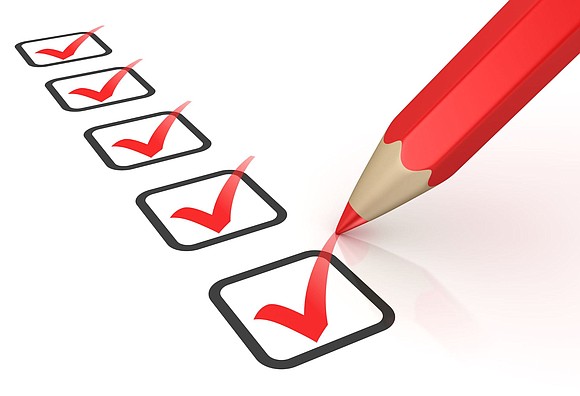New COVID-19 business grading system could help economy reopen more safely
Style Magazine Newswire | 6/24/2020, 12:37 p.m.
Restaurants have long been subject to health department inspections evaluating their cleanliness and safety. Researchers at Rice University’s Texas Policy Lab (TPL) propose creating a similar system for grading businesses on COVID-19 safety, which they hope will help consumers make informed decisions amid the pandemic.
"COVID-19 Safety Grades for Businesses: A Possible Mitigation Tool," published June 22 in JAMA Health Forum, was authored by E. Susan Amirian, Megan Rafferty and Snejana Nihtianova, epidemiologists at the TPL in Rice's School of Social Sciences.
The paper provides an outline for a COVID-19 safety grading model adapted from the restaurant system to empower consumers and give them more peace of mind. The researchers outline a core set of standards for all industries (for example, having an internal safety plan for employees) and suggest creating industry-specific scoring criteria based on existing health department recommendations.
"There has been a move toward a harm-reduction approach for dealing with COVID-19," Amirian said. "Preventing the spread as the economy reopens will likely require the use of a multitude of creative strategies, like this one, that can let people choose for themselves, in an informed way, how much risk they want to take."
The researchers' approach takes advantage of an existing system, Amirian said.
"Health departments already have staff that inspect restaurants, and this model suggests using a similar infrastructure and processes to check factors related to COVID-19 safety," she said. "In short, the model would give consumers a better sense of whether businesses are taking appropriate precautions related to the virus, instead of having to guess whether a given business is following recommendations."
As the model is implemented, one option is to let businesses decide whether or not to opt in, the paper read.
"A lot of businesses may want to participate by choice to try to regain the subset of their customers that haven’t returned since the pandemic started," Amirian said. "Even if businesses volunteer to participate in the grading system, it's still valuable for the consumer. The reality is that many people are currently making a risk assessment based only on what they can see through the window, and there may or may not be additional measures taking place in the back room or after hours. Having any extra line of sight into this could be helpful."
She noted that in New York City, tens of thousands of people have phoned authorities to report businesses not following good safety practices.
"(Officials) can't possibly respond to or even attempt to assess the legitimacy of all these complaints, so this type of system would incentivize businesses to want to follow recommendations to earn a better grade that can be publicly displayed," Amirian said.
The authors conclude: "The unfortunate reality of the trajectory of COVID-19 in the U.S. is that no single public health solution, no matter how simple or complex, can eradicate this illness from our nation. We are, therefore, left in a position that compels us to think creatively about developing pragmatic, rapidly deployable tools that will simultaneously allow for increased public autonomy and support disease mitigation over the next 18-24 months or until a vaccine becomes available."
The article is available online at https://jamanetwork.com/channels/health-forum/fullarticle/2767689.







